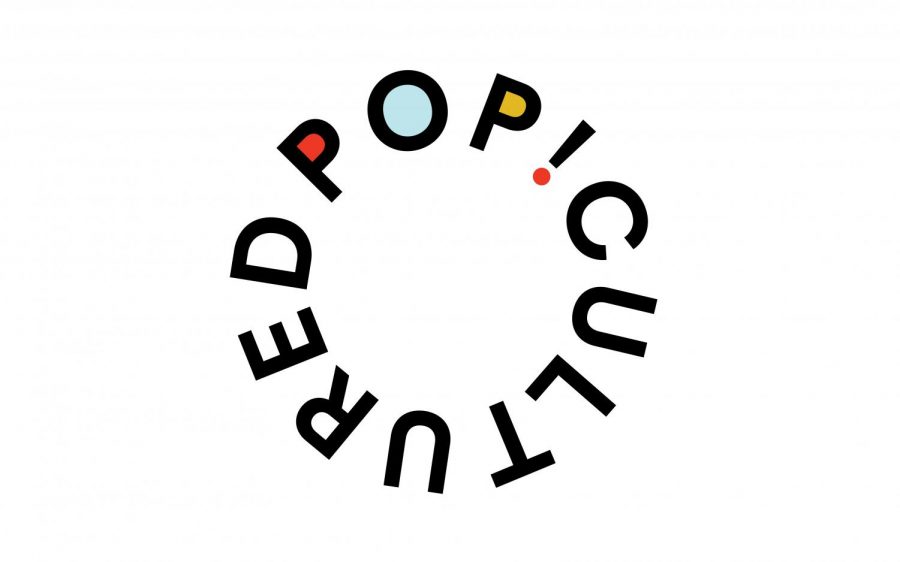Pop-Cultured: Why Romance Films Need to Change
June 3, 2020
Romance is a popular subject in the world of media. It is a go-to movie genre for a rainy day, an exciting book genre for the lonely and an all-around jack-of-all-trades in terms of entertainment needs. Romance is one of the most popular genres out there. It portrays something that people crave — human connection.
But there are common trends within the romance genre that provoke concern among critics — and rightfully so. Toxic ideas are common within the world of romantic entertainment. Even some of the classic, treasured romance movies that I loved all through my teen years have proven to be unhealthy at best and abusive at worst.
Movies That Display Abusive Themes
“The Notebook” is a classic example of a movie that romanticizes toxic behavior. The 2004 film was released after being adapted from the book of the same name. “The Notebook” is considered an iconic movie by many at this point. In fact, the film was so popular I grew up hearing about it for years. Even now, the movie still has not left public attention. Yet what people at large seem to ignore are the dangerous themes within the movie. “The Notebook,” as a film, is filled with examples of emotional abuse, physical abuse, obsession and harassment. And yet the movie seems to be considered the epitome of love and romance.
Years later, movies with these unhealthy and abusive themes have still found a place in the hearts of people everywhere. For example, “After” is one of the more recent books in the romance genre that received a movie adaptation. The book and the movie have repeatedly been criticized for romanticizing a toxic relationship. While the movie adaptation fixed many issues found within the book, it still allows far too many crossed boundaries and controlling, manipulative behaviors. And yet despite this, both the book and the movie have garnered a fairly large fan base.
Why It Is an Issue
Of course, I am not saying by any means that toxic relationships should never be portrayed in the stories we consume. I am saying that toxic relationships should not be played out as a love story that people should seek. The way that many books and movies in the romance genre toss in abusive behaviors and try to paint them with such normalcy is a problem. If they must be portrayed in movies, toxic relationships need to be seen for what they are — ugly and harmful.
Of course, some people may argue that the abusive storylines are just that — storylines. But regardless of whether or not these stories are works of fiction, the impact that this media has on the individual is very real. When we are presented with movies like “Twilight” and told that they are great love stories, how do they twist our perception of romance?
06Toxic storylines are harmful for all. Ultimately, it is my hope that consumers will one day be able to kick away the toxic “love” stories and demand things that are worth romanticizing — healthy, genuine relationships.







